Anxiety is not just a mental health issue; it can have a profound impact on your physical well-being as well. The mind and body are closely interconnected, and anxiety can manifest in various physical symptoms. Understanding this link is crucial for overall health and well-being.
Stress Hormones and the Body
When you’re anxious, your body releases stress hormones like cortisol and adrenaline. These hormones trigger the “fight or flight” response, which can lead to increased heart rate, muscle tension, and elevated blood pressure. Over time, chronic anxiety can strain the cardiovascular system and contribute to heart problems.
Digestive Discomfort
Anxiety can wreak havoc on your digestive system. It can lead to symptoms like nausea, diarrhea, or irritable bowel syndrome (IBS). The gut-brain connection is well-documented, and anxiety can disrupt the delicate balance of your digestive tract.
Weakened Immune System
Prolonged anxiety can weaken your immune system, making you more susceptible to illnesses. Chronic stress can reduce the body’s ability to fight off infections and may lead to frequent colds or other health issues.
Muscle Tension and Pain
Physical symptoms of anxiety often include muscle tension, headaches, and body aches. The continuous muscle tension can lead to chronic pain conditions like tension headaches, back pain, or even fibromyalgia.
Sleep Disturbances
Anxiety can interfere with your sleep patterns, leading to insomnia or disrupted sleep. Poor sleep quality not only affects your mental health but also has adverse effects on your physical health, including weight gain and increased risk of chronic diseases.
Impact on Overall Health
Chronic anxiety can contribute to the development or exacerbation of various chronic health conditions such as hypertension, diabetes, and autoimmune disorders. Addressing anxiety is essential for maintaining overall health and preventing the progression of these conditions.
Recognizing the link between anxiety and physical health is the first step towards a holistic approach to well-being. Managing anxiety through relaxation techniques, therapy, and, if necessary, medication can have a positive impact on both mental and physical health. It’s essential to prioritize stress reduction and emotional well-being as part of a comprehensive health plan.



